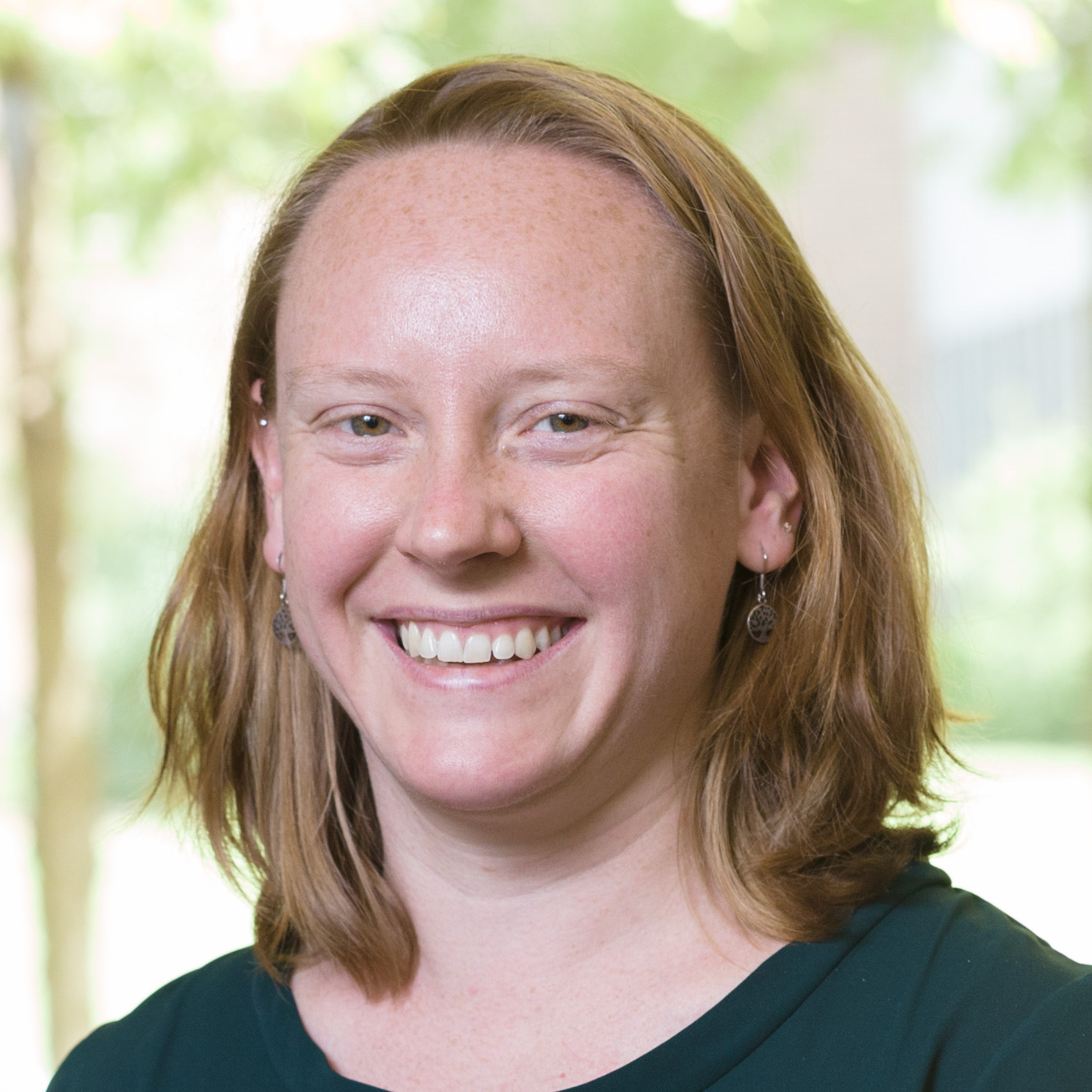
Juliet Pulliam, PhD
Founding Faculty Member Director of SACEMA & Professor of Applied Mathematics
South African Centre for Epidemiological Modelling and Analysis
Stellenbosch University, Stellenbosch, South Africa
PhD in Ecology and Evolutionary Biology, Princeton University (2007)
BA in Biology, Duke University (2002)
About: Juliet is Director of the South African DSI-NRF Centre of Excellence in Epidemiological Modelling and Analysis (SACEMA) and Professor of Applied Mathematics at Stellenbosch University (SU). She served as the inaugural ICI3D Program Director from 2012-2016 and is a member of the ICI3D Executive Team. Before moving to SACEMA in 2016, she was an Assistant Professor in the Department of Biology and Emerging Pathogens Institute (EPI) at the University of Florida (2011-2016) and a Research and Policy for Infectious Disease Dynamics (RAPIDD) Program Fellow in the Division of International Epidemiology and Population Studies at the Fogarty International Center, NIH (2008-2011). Juliet’s research focuses on quantitative approaches to infectious disease dynamics, with a particular focus on emerging, vector-borne, and zoonotic viruses, including Ebola, Nipah, Japanese encephalitis, dengue, and SARS-CoV-2 viruses.
Selected publications:
Blumberg, Funk, Pulliam. (2014) Detecting differential transmissibilities that affect the size of self-limited outbreaks. PLoS Pathogens
Lord, Al-Amin, Chakma, Alam, Gurley, Pulliam. (2016) Sampling design influences the observed dominance of Culex tritaeniorhynchus - considerations for future studies of Japanese encephalitis virus transmission. PLOS Neglected Tropical Diseases
Pulliam, Epstein, Dushoff, Rahman, Bunning, Jamaluddin, Hyatt, Field, Dobson, Daszak, and the Henipavirus Ecology Research Group. (2012) Agricultural intensification, priming for persistence, and the emergence of Nipah virus, a lethal bat-borne zoonosis. Journal of the Royal Society Interface
Pulliam, van Schalkwyk, Govender, von Gottberg, Cohen, Groome, Dushoff, Mlisana, and Moultrie. (2022) Increased risk of SARS-CoV-2 reinfection associated with emergence of Omicron in South Africa. Science